I don’t think anyone can argue that change is one of the biggest challenges facing leaders in today’s work environment. Work is changing. The workforce is changing. The model of a leader and a successful organization is evolving. Leaders are realizing more and more that, with the increasing rate and amount of change, there is a need for new tools to navigate the new normal. Leaders are discovering and turning to coaching.
Coaching has been around for decades but in recent years has seen unprecedented growth and a move into new areas within the organization and into new types of organizations. In the early days, coaching was more or less owned by ‘human resources’ or ‘personnel management’. Most often it was a tool employed by larger organizations and at a time when the organization was going through a major change or certain difficulty. It was also typically reserved for top executives. But all of that is changing. Oops, there is that word again. Coaching is permeating organizations at all levels and can be found in the largest companies and all the way down to the start-up. Why is coaching taking off? It is helping individuals and organizations not only adapt to change but thrive.
Why does coaching work so well in today’s environment? Coaching as part of a leadership style, or as we like to say, the coach approach to leadership, is a holistic method that can easily be adapted while at the same time producing desired and sustainable changes. Coaching in leadership is not a set formula but a flexible and adaptable tool that evolves with the ‘coach’, coachee and environment so that the approach and outcomes are never outdated. This new coach approach to leadership can be integrated throughout the organization and sustained for long-lasting positive change. Notice that I use ‘coach approach’ and put ‘coach’ in parentheses. There is a very important reason. You don’t have to be a certified or professional coach to learn and use coaching skills.
But, will coaching and the coach approach to leadership remain viable as we move into the next decade? To find the answer, I think one needs to look no further than the trends taking place in leadership.
As leaders and coaches, we must pay attention to trends and predictions to stay relevant. So, let’s start by checking in with some of the leadership authorities and their predictions for leadership of the future. As you read through the list, take notice of what this list tells us about how well coaching fits into leadership of today and the future.
Leadership Trends
Below are what some of the experts are seeing as trends in leadership.[1] Do you see the same trends? Do you see how well coaching fits with leadership of today and the future?
- Need for agility. Leaders and their organizations are becoming / must become more agile to survive and thrive. As leaders, it's important to adopt a nimble mindset and culture.
- Evolving leadership norms. The age range in the workforce will continue to expand. With the decrease of age-based seniority, leadership will be taken by the best person for the role and will likely shift frequently in an agile environment.
- Foster and sustain employee engagement. Leaders and organizations need to focus on soft skills such as emotional intelligence that have a strong impact on engagement and the effort employees put into communicating.
- Taking a holistic approach to human capital development. Helping employees thrive in all areas of their lives (not just work), will create more engagement, productivity and overall happier employees.
- Leadership empathy. Gen Y and Gen Z talent will continue to leave command-and-control cultures for collaborative workplaces. The ability to understand, relate to and be sensitive to employees, colleagues and communities will be paramount. We will see an even greater emphasis on listening, relating and coaching to drive effective leadership.
- A focus on individual growth. Leaders need to identify and build talent quickly. Helping employees reach their peak potential will be required to help the organization stay competitive and thrive.
Hopefully you’ve come to the same conclusion that I did – coaching and the coach approach to leadership is well positioned to help organizations and individuals thrive well into the next decade.
If you are interested in supporting long-lasting positive change through coaching, be sure to check out our recent webinar on this topic. If you are ready to try coaching out, a great place to start is our 5.5.5 Coaching Skills Training Program™. This is a hands-on class where you will learn what coaching is, how it is being used to transform the work environment and two coaching skills you can start utilizing immediately.
[1] Leadership Trends To Watch For From Now To 2022 accessed at https://www.forbes.com/sites/forbescoachescouncil/2018/08/21/leadership-trends-to-watch-for-from-now-to-2022/#70df3c936658 and 14 Leadership Trends That Will Shape Organizations In 2018 accessed at https://www.forbes.com/sites/forbescoachescouncil/2018/01/30/14-leadership-trends-that-will-shape-organizations-in-2018/#50ce4fe15307

